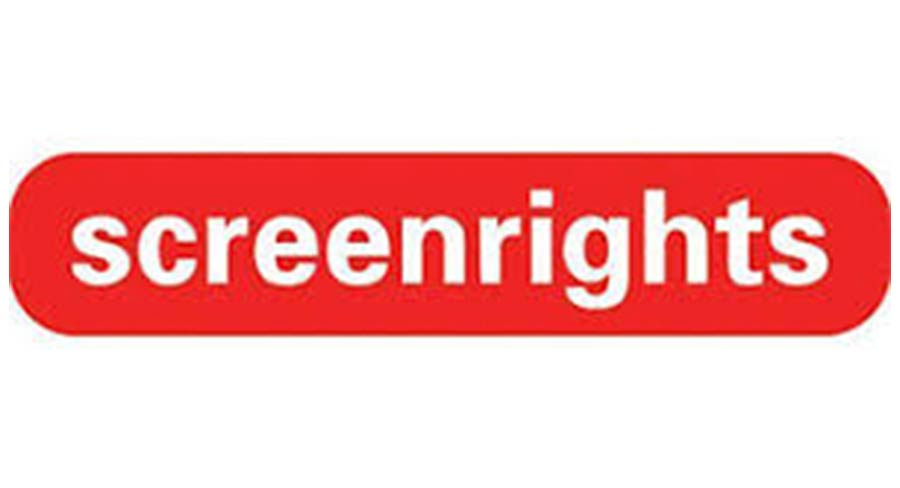The Australian Writers’ Guild Authorship Collecting Society (AWGACS), Australian Writers’ Guild and Screenrights have settled their Federal Court dispute.
The three organisations have entered into a settlement agreement, which will see them working together for the benefit of scriptwriters and the industry as a whole.
AWGACS, AWG and Screenrights said they looked forward to working together to ensure that the interests of local and international scriptwriters are protected and all rights holders are paid their entitlements equitably, efficiently and accurately.
The terms of the settlement are confidential and no party will be providing any further public comment on its contents.
In 2016 Australian scriptwriters launched a multimillion-dollar legal case against Screenrights, the organisation the Australian Government authorises to collect royalties in the film and television industry.
The case was filed in the Federal Court of Australia by the 2,600-member Australian Writers’ Guild and the AWG Authorship Collecting Society on March 3 that year.
Scriptwriters alleged that instead of protecting them, Screenrights, which was established in 1990 to collect and distribute royalties paid by educational and other users of Australian films and TV programs, may have misdirected possibly tens of millions of dollars in royalties that should have been paid to writers over the past two decades.
The Writers’ Guild president, Oscar-nominated writer Jan Sardi, said at the time scriptwriters were forced to take legal action through their representative industry bodies after years of negotiation and attempts to resolve the matter got them nowhere. “This case is about fairness,” said Sardi. “It’s about scriptwriters – who are at the very centre of our film and TV industry – being treated fairly and getting the royalties that they are rightfully entitled to.”
AWG past president Tim Pye, who has written some of Australia’s most popular and critically acclaimed television programs including Sea Change and Love Child, said Screenrights was set up to reward creators but was not doing so fairly.
See also: Content copyright holders got $44m from Screenrights in 2017/18
